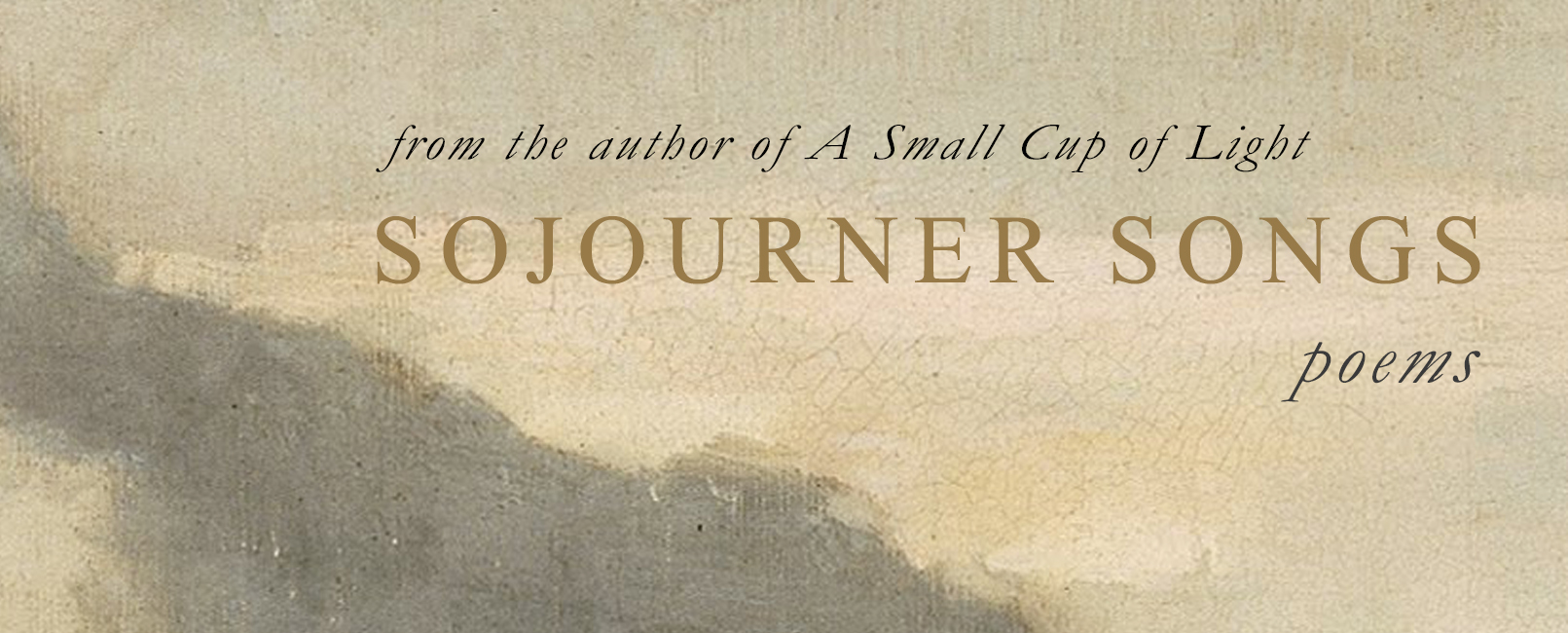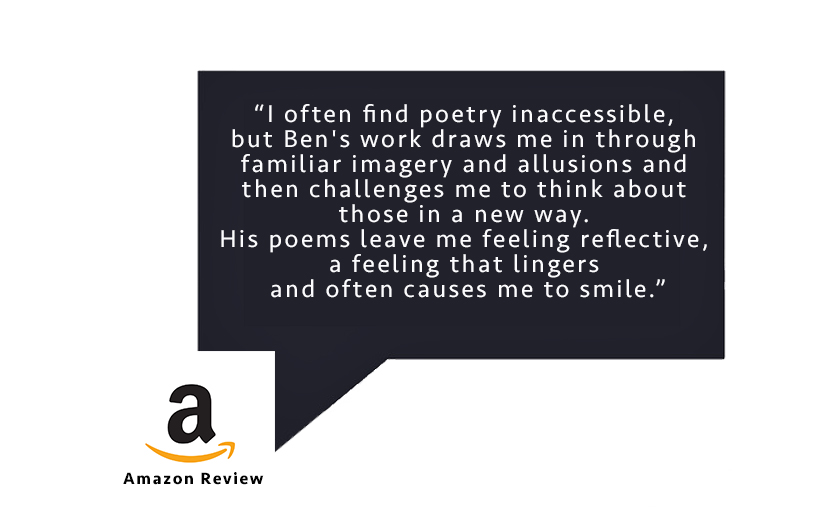Redeeming the Past
In the human experience, it is the past that most essentially forms who we are. No matter what we do, no matter how long we live or where we go in life, we will carry
In the human experience, it is the past that most essentially forms who we are. No matter what we do, no matter how long we live or where we go in life, we will carry
On Tuesday of this past week, my parents called to inform me of a death in the family–my uncle’s death, my mother’s baby brother. A compassionate listener. The one who, in a world intoxicated by

Great news, friends! The audiobook for Sojourner Songs is now available for digital download on Amazon and iTunes or wherever else you get your digital music! Click Here to get your copy at Amazon now
It’s time to celebrate again! You can carry Sojourner Songs with you wherever you go, on your phone or electronic reader. The devotional poems prompted Carolyn Weber, author of Surprised by Oxford and Holy is
“O Jesu, Master Carpenter, who at the last through wood and nails purchased our whole redemption; wield well thy tools in this thy workshop, that we who come to thee rough-hewn may be fashioned to

Here’s another chance to win a free book! We celebrate Day 8 of the launch by giving away one copy. Here’s how you can enter to win: Step 1: Write a short Facebook post encouraging

Happy Day 4 of the book launch for Sojourner Songs. Want to know more about the book? Here’s your chance! Read the introduction to Sojourner Songs: Poems. Download and enjoy. CLICK HERE: Sojourner Songs Introduction

Want a free book? We celebrate Day 3 of the launch by giving away one hardback copy. Here’s how you can enter to win: Step 1: Write a short Facebook post encouraging your friends to